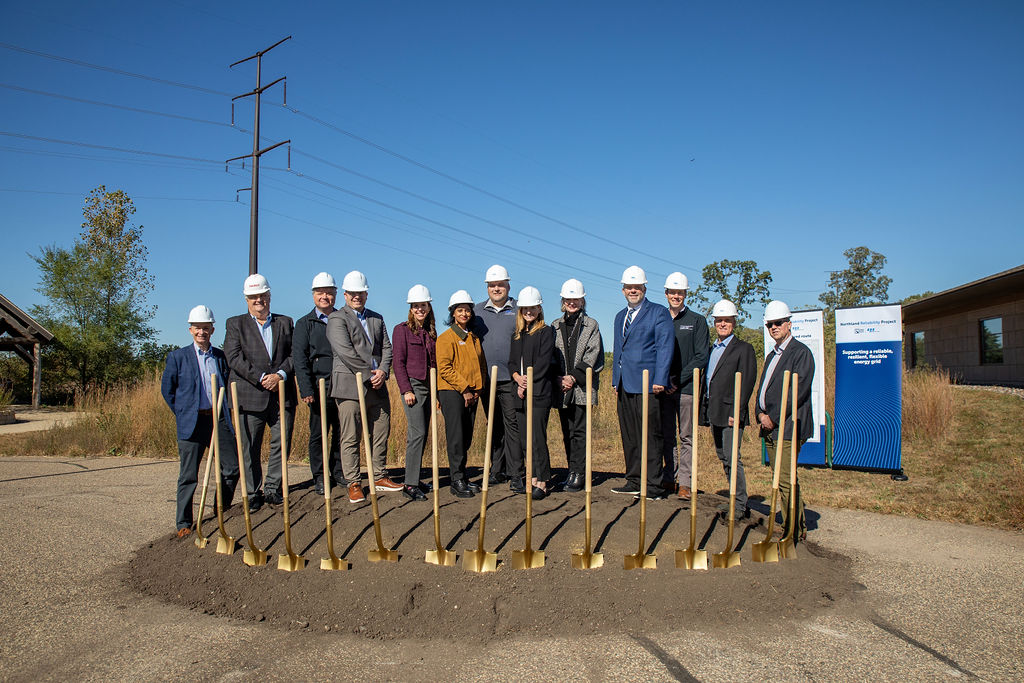There are a lot of differing views when it comes to discussing the future of electricity production. One promising technology, however, has gained support from the business community, environmental advocates, the White House and elected officials on both sides of the aisle: carbon capture, utilization and storage (CCUS).
By removing the greenhouse gas emissions from coal- and natural gas-based power plants, CCUS can help the United States retain the grid and employment benefits of these power plants while contributing to the fight against climate change.
Rainbow Energy Center, LLC — the party that will purchase Coal Creek Station — plans to pursue a major carbon capture and storage project at the plant. The company will pick up where Great River Energy left off in its own efforts to pursue CCUS at the plant site.
CCUS gained an important endorsement recently when the Biden administration stated its support for an “all-of-the-above” energy policy that includes CCUS as a factor in reducing greenhouse gas emissions. Energy Secretary Jennifer Granholm has also promoted carbon capture technologies and called for further investment, as the Department of Energy announced $24 million in additional carbon capture grants. White House Climate Advisor Gina McCarthy has expressed support for CCUS as well.
“Our members support our efforts to reduce carbon dioxide emissions, so it was important to Great River Energy that the plant’s new owner have a plan for carbon capture,” said Great River Energy President and Chief Executive Officer David Saggau. “We were not certain the partner we were seeking was out there, but we found it in Rainbow Energy Center.”
A June 30 report from the White House Council on Environmental Quality states: “There is growing scientific consensus that carbon capture, utilization, and sequestration and carbon dioxide removal will likely play an important role in decarbonization efforts globally; action in the United States can drive down technology costs, accelerating CCUS deployment around the world.”
Since 2012, the 45Q tax credit, which provides a performance-based federal tax credit for carbon capture projects, has received bi-partisan congressional support. For-profit companies, such as Rainbow Energy Center, are in a better position to utilize these tax credits than not-for-profit cooperatives.
This widespread support demonstrates confidence that CCUS will be a solution to the energy challenges that lie ahead.

 " data-object-fit="cover">
" data-object-fit="cover">